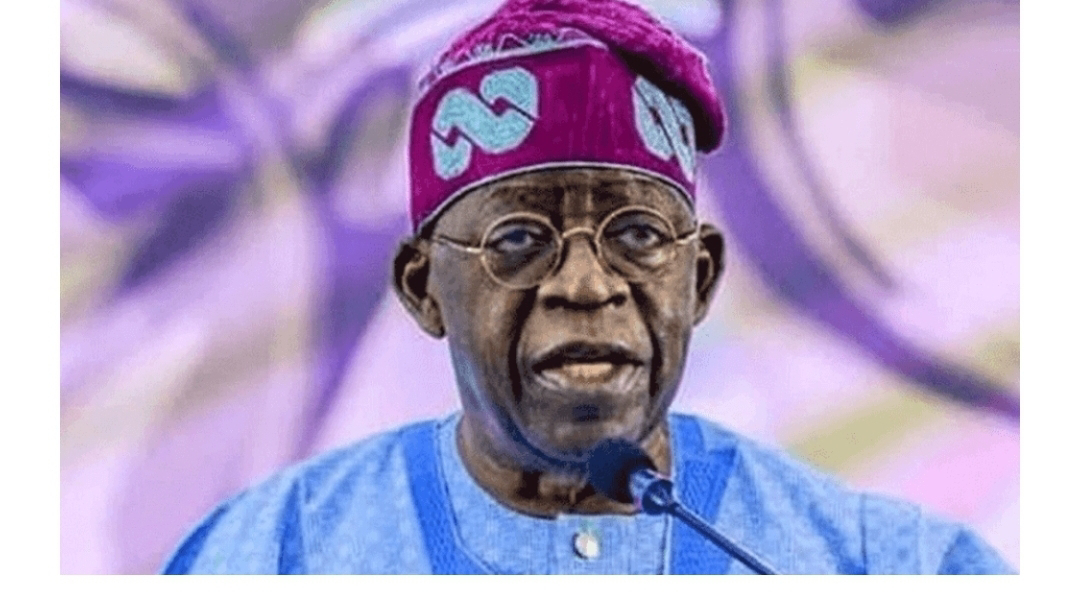Nigeria's Democratic Pathway Under Tinubu: Signs of a Slippery Slope Towards Authoritarianism
As Nigeria navigates the uncertain waters of President Bola Tinubu’s administration, growing concerns among citizens and analysts suggest that the country may be veering dangerously close to authoritarianism. Despite initial hopes for a prosperous future, a series of political and economic decisions have cast a shadow over Nigeria’s democratic landscape. Here are five key indicators that the nation could be on the brink of slipping into dictatorship.
1. Economic Reforms: A Double-Edged Sword
President Tinubu’s administration began with a wave of economic reforms aimed at stabilizing Nigeria's faltering economy. The removal of the petrol subsidy, long seen as an unsustainable burden, was lauded by some as a necessary sacrifice. Additionally, the unification of exchange rates was welcomed by foreign investors who saw it as a move towards greater transparency.
However, the honeymoon period was short-lived. Public outcry erupted after the rapid approval of a ₦2.17 trillion Supplementary Appropriation Act, which included extravagant spending on a presidential yacht and bulletproof cars. With federal civil servants struggling to make ends meet on meager salaries, such lavish expenditures have fueled resentment and unrest. The administration’s spending priorities, particularly in the face of widespread economic hardship, have raised alarms about the government’s disconnect from the realities faced by ordinary Nigerians.
2. Controversial Cabinet Appointments
Tinubu’s cabinet selections have sparked significant controversy. While certain appointments, such as Wale Edun as Finance Minister and Muhammad Ali Pate as Health Minister, have been praised for their expertise, others have been criticized for being based on political loyalty rather than merit. This has led to fears that the administration is prioritizing patronage over competence, a move that could undermine good governance and entrench cronyism.
3. Extravagant Expenditures Amid Economic Struggles
One of the most glaring examples of the administration’s disconnect from the populace is the recent acquisition of a new Airbus A330 for the presidential fleet, reportedly costing around ₦150 billion. The purchase, which came at a time of severe economic hardship for many Nigerians, has been met with widespread condemnation. Critics argue that such an expense is unjustifiable, especially as protests against rising living costs continue to gain momentum. The government’s explanation that the plane was bought at a reduced price to save future maintenance costs has done little to placate an increasingly frustrated public.
The administration’s spending on luxury items doesn’t stop there. Billions have been allocated for the Vice President’s residence and luxury SUVs for legislators, and a particularly controversial ₦1.5 billion was earmarked for luxury cars for the First Lady—a position that has no constitutional recognition. These actions suggest a troubling trend of prioritizing the comfort of the elite over the needs of the nation.
4. Threats to Human Rights and Press Freedom
Under Tinubu’s leadership, there has been a noticeable decline in respect for human rights and press freedom. Despite promises to uphold these principles, reports from Amnesty International and other watchdogs indicate a disturbing trend of government inaction. The abduction of journalist Daniel Ojukwu by security forces and the arrest of editor Segun Olatunji are just two examples of the increasing dangers faced by the press in Nigeria today. Such incidents, coupled with the harassment of media professionals, are clear signs of a government that is becoming increasingly intolerant of dissent—a hallmark of authoritarian regimes.
5. A Judiciary and Legislature Under Pressure
The integrity of Nigeria’s judiciary and legislature has also come under question. According to the 2023 Global Rule of Law Index, Nigeria’s judicial system ranked 120th out of 142 countries, reflecting a significant decline in public trust. Legal experts have criticized the judiciary as being monopolized by a powerful few, stifling genuine reform efforts. Similarly, the National Assembly’s rapid approval of the 2024 budget, passed in just 32 days, has raised concerns about its role as a rubber-stamp institution, rather than a robust check on executive power.
The Growing Discontent Among Nigerians
As these issues continue to unfold, many Nigerians are left wondering what has become of the democratic ideals that once inspired hope for a better future. The disillusionment with the current state of affairs is palpable, as citizens grapple with the reality of a government that seems increasingly out of touch with the people it was elected to serve.
Despite the growing discontent, President Tinubu remains adamant that his policies are in the best interest of the nation. In the lead-up to a nationwide protest dubbed the “Hunger Protest,” he reiterated that while peaceful demonstrations are a vital part of democracy, the government would not tolerate any that lead to violence or destruction.
At a recent event, Tinubu doubled down on his commitment to improving the lives of Nigerians, highlighting initiatives such as the new national minimum wage of ₦70,000 and efforts to combat crude oil theft. Yet, critics argue that these measures are insufficient to counterbalance the increasing erosion of democratic norms.
Conclusion
Nigeria stands at a critical juncture. The path it takes in the coming months and years will determine whether it remains a democratic nation or slips further into authoritarianism. While the government insists that its actions are for the greater good, the signals suggest a different story—one that Nigerians must vigilantly watch if they are to safeguard their democracy.




Comments
Post a Comment